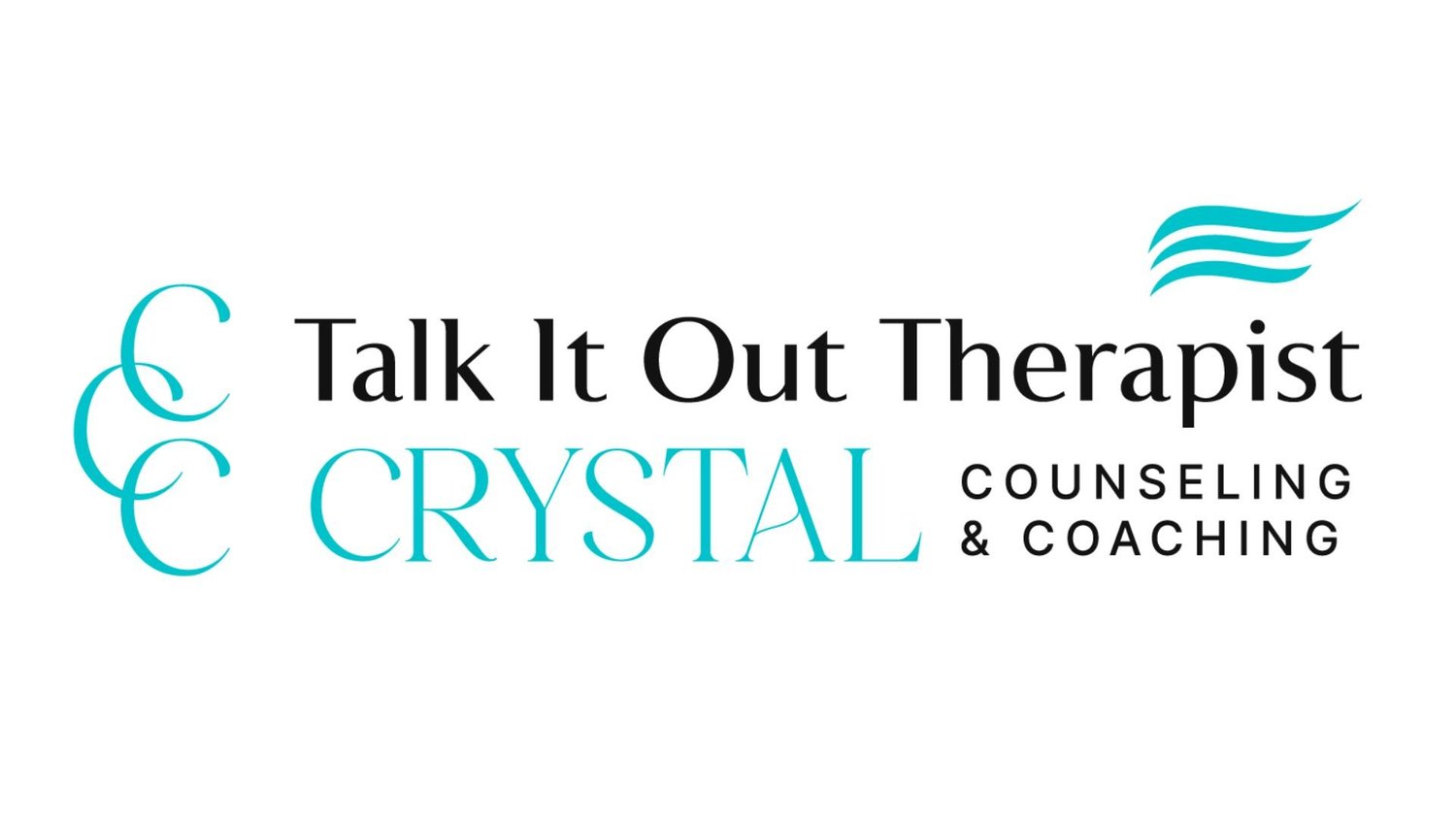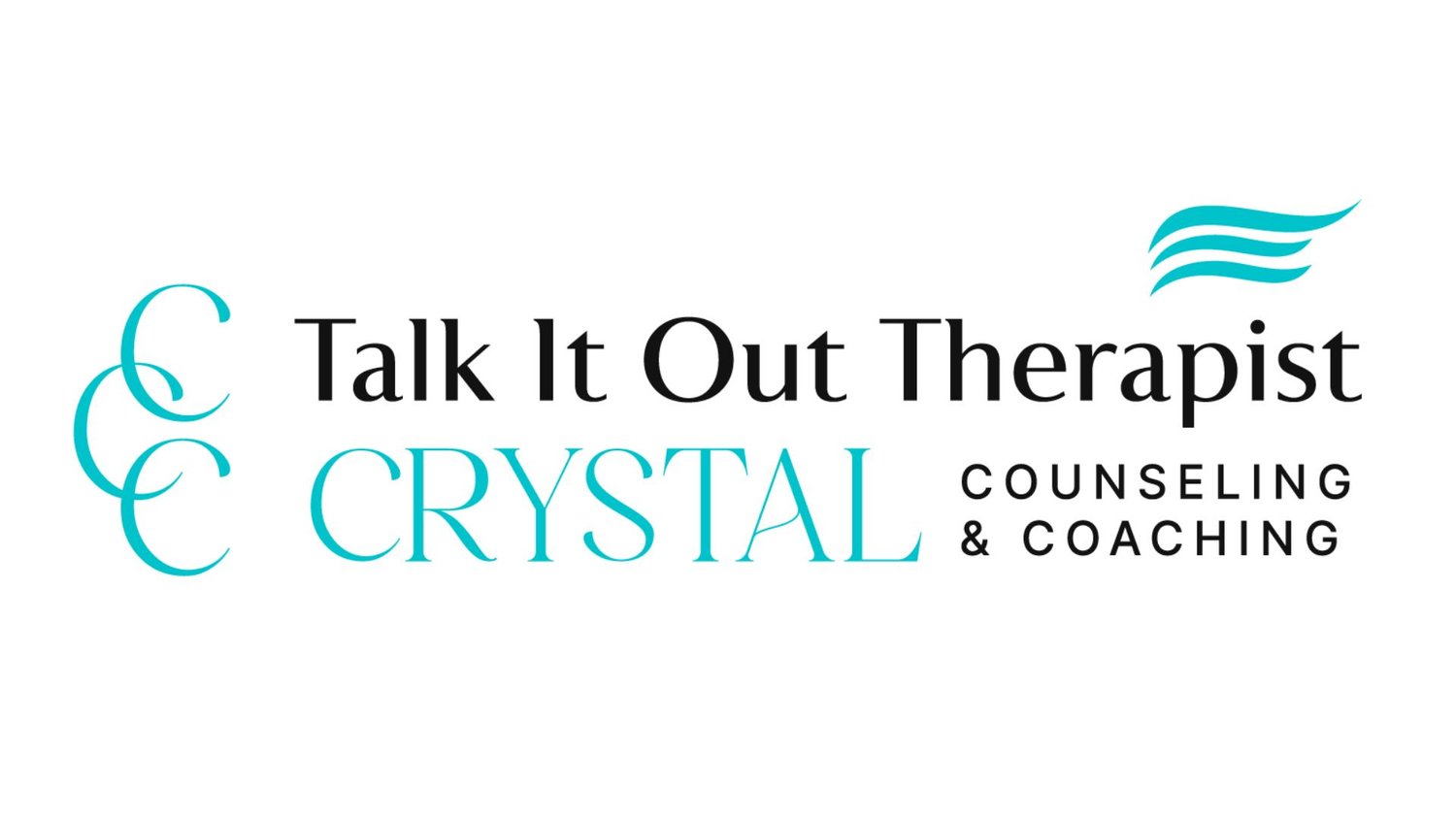What Does It Mean To Be Neurodivergent?
Every human being is a unique individual. No two of us are exactly alike. If you’ve ever struggled to fit into a box or conform, you’re not alone. Society might expect us all to approach life in the same way, but that’s not quite how human beings work. Many people diverge from what’s considered the norm but this does not necessarily have to be a drawback. It can also be a strength.
Perhaps you’ve heard the term “neurodivergent” before, but you’re not sure exactly what it means. Neurodivergence can encompass many different conditions. Let’s explore what “neurodivergent” means in-depth, and examine some of the diagnoses that fall under this broad umbrella.
What is Neurodivergence?
Everyone’s brain is a little bit different. However, some people struggle with symptoms that make it difficult for them to get along in everyday society. They might have trouble with sensory processing. They may feel confused during typical social interactions. Sometimes they might feel like everyone is walking down one path, while they are on the outside looking in. There are lots of conditions that are considered “neurodivergent.”
Autism
Autism exists along a spectrum, which means that while some people need extensive support and assistance throughout their lives, other people with an autism diagnosis are able to live independently, maintain healthy relationships, and build sustainable careers.
People with autism often process sensory information In a different way than neurotypical people. They tend to see things more literally, which can be a hindrance in some social interactions, but it can also be a strength in many areas. People with autism have unique gifts that they bring to the table. For many people, receiving an autism diagnosis is a clarifying moment. With this understanding, they can carve out a unique path that works for them, rather than trying to live by a set of standards that was not designed for people like them.
ADHD
ADHD, which stands for attention-deficit/hyperactivity disorder, is often diagnosed in childhood. Many people believe that ADHD is primarily categorized by hyperactivity. But ADHD actually describes a much wider range of symptoms. People with ADHD might find themselves jumping from one hobby or interest to another, having trouble starting tasks that they know they need to complete, or struggling to balance multiple commitments.
Some people with ADHD do not realize that they have this condition until they are diagnosed as adults, and suddenly, the reasons they struggled in school throughout their childhoods become clear. But people with ADHD often find that in the right environments, they can truly thrive. They are often highly creative, demonstrate a willingness to try new things, and can find inspiration in unlikely places.
Dyslexia
People with dyslexia struggle with reading and literacy. They view words differently when they read them, and it may seem like letters are out of order or impossible to decipher. Lots of people with dyslexia need additional support as they learn to read. With the right approach, people with dyslexia cannot only learn to read easily, but they can also apply these lessons to help other people who may struggle in traditional classroom or office environments.
Dealing With Neurodivergence
Many people who relate to these scenarios eventually receive a diagnosis that falls into a few distinct categories. However, being neurodivergent does not mean that you need to have a specific diagnosis. Meeting with an understanding therapist can help neurodivergent people live fulfilling lives on their own terms.
—
Do you suspect that you might be neurodivergent? Working with a therapist can help you find answers. Reach out to us today to discuss your options for scheduling your first session for neurodiversity therapy.


